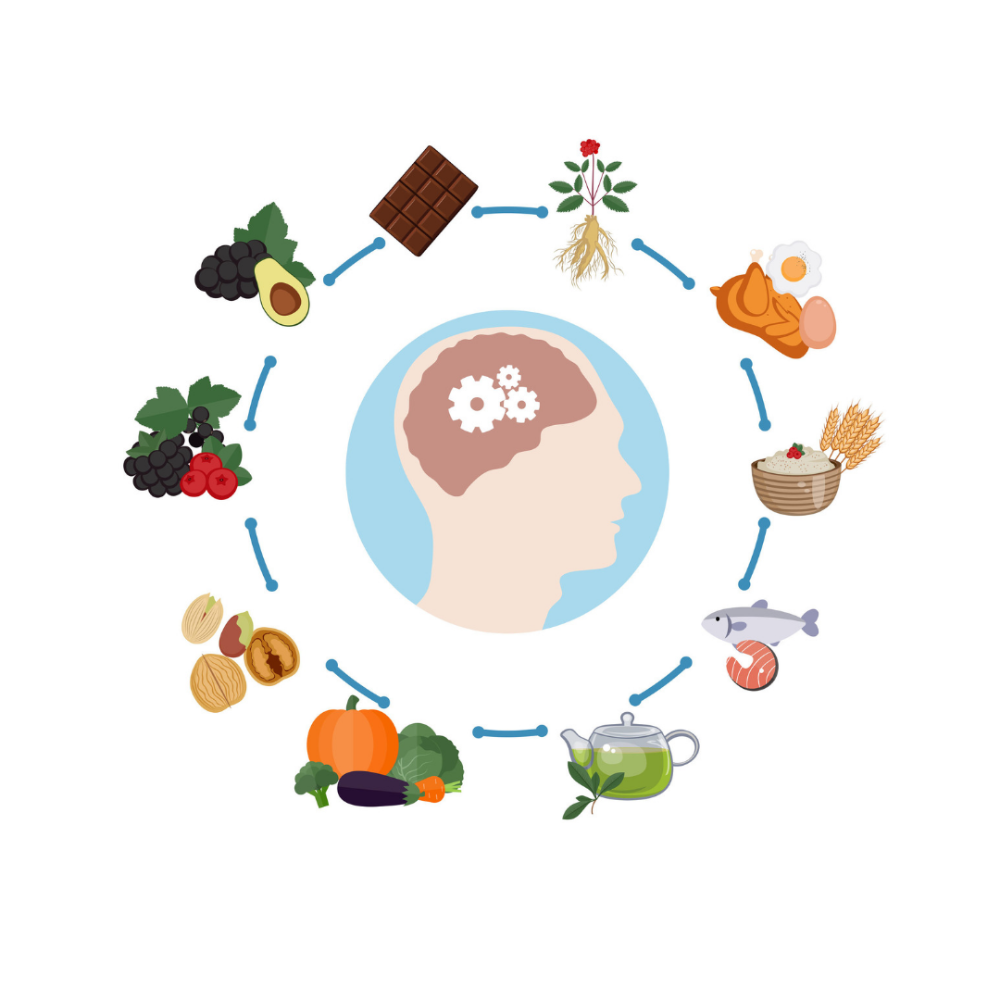Mental health treatments have come a long way from the early days of asylums and rudimentary therapies. Today, advancements in science, technology, and societal understanding have revolutionized the way we approach mental health care. This article delves into the evolution of mental health treatments and explores the latest innovations that are shaping the future of mental health care.
Historical Context: From Asylums to Psychotherapy
In the 18th and 19th centuries, mental health treatments were often inhumane and ineffective. Patients were frequently confined to asylums where they faced harsh conditions and minimal therapeutic intervention. The primary objective was containment rather than treatment.
The early 20th century saw the advent of psychoanalysis, pioneered by Sigmund Freud. This marked a significant shift from mere containment to understanding and treating mental health issues. Psychotherapy, including cognitive-behavioral therapy (CBT) and other talk therapies, emerged as effective treatments for various mental health disorders.
The Pharmacological Revolution
The mid-20th century brought about a pharmacological revolution in mental health treatments. The discovery of antipsychotic drugs like chlorpromazine and antidepressants such as fluoxetine (Prozac) provided new avenues for managing severe mental health conditions. These medications offered relief to millions of people, making it possible for many to lead more stable lives.
However, medications are not without their drawbacks. Side effects and the risk of dependency highlight the need for continued innovation in mental health treatments.
The Rise of Holistic and Integrative Approaches
In recent years, there has been a growing recognition of the importance of holistic and integrative approaches to mental health care. These approaches consider the whole person, including physical, emotional, and social factors, rather than focusing solely on symptoms.
Mindfulness and Meditation
Mindfulness and meditation have gained popularity as effective mental health treatments. Research shows that these practices can reduce symptoms of anxiety, depression, and PTSD. Mindfulness-based cognitive therapy (MBCT) and mindfulness-based stress reduction (MBSR) are now widely used in clinical settings.
Nutritional Psychiatry
Nutritional psychiatry is an emerging field that explores the connection between diet and mental health. Studies have shown that a diet rich in fruits, vegetables, whole grains, and lean proteins can improve mental well-being. Conversely, diets high in processed foods and sugars have been linked to increased rates of depression and anxiety.

Technological Innovations in Mental Health Treatments
Technology has become a game-changer in the field of mental health treatments. From teletherapy to artificial intelligence (AI), technological advancements are making mental health care more accessible and effective.
Teletherapy
The COVID-19 pandemic accelerated the adoption of teletherapy, allowing patients to receive mental health care from the comfort of their homes. Teletherapy has proven to be as effective as in-person therapy for many conditions, and it offers the added benefits of convenience and accessibility.
Digital Therapeutics
Digital therapeutics are software-based interventions designed to prevent, manage, or treat medical conditions, including mental health disorders. Apps like Headspace and Calm provide guided meditation and mindfulness exercises, while others offer cognitive-behavioral therapy (CBT) modules and mood tracking.
Virtual Reality (VR) Therapy
Virtual reality (VR) therapy is an innovative approach that uses VR technology to create immersive therapeutic experiences. VR therapy has shown promise in treating PTSD, phobias, and anxiety disorders. By simulating real-world scenarios in a controlled environment, VR therapy allows patients to confront and manage their fears safely.
Artificial Intelligence (AI) and Machine Learning
AI and machine learning are revolutionizing mental health diagnostics and treatments. AI algorithms can analyze vast amounts of data to identify patterns and predict mental health issues before they become severe. Machine learning models are also being used to personalize treatment plans based on individual patient data, improving outcomes.
Emerging Therapies: What’s New?
The future of mental health treatments looks promising, with several emerging therapies showing potential.
Psychedelic-Assisted Therapy
Psychedelic-assisted therapy involves the use of substances like psilocybin (magic mushrooms) and MDMA (ecstasy) in a therapeutic setting. Early research suggests that these substances can be effective in treating conditions like PTSD, depression, and anxiety. The FDA has granted “breakthrough therapy” designation to several psychedelic substances, fast-tracking their development and approval.
Transcranial Magnetic Stimulation (TMS)
Transcranial magnetic stimulation (TMS) is a non-invasive procedure that uses magnetic fields to stimulate nerve cells in the brain. TMS has been approved by the FDA for treating depression and has shown promise in treating other mental health conditions, such as OCD and PTSD.
Ketamine Therapy
Ketamine, traditionally used as an anesthetic, has emerged as a rapid-acting treatment for severe depression and suicidal ideation. Administered in controlled, clinical settings, ketamine therapy offers hope for patients who have not responded to traditional treatments.
Neurofeedback
Neurofeedback is a type of biofeedback that uses real-time monitoring of brain activity to teach self-regulation of brain function. It has shown promise in treating ADHD, anxiety, and depression by helping patients develop greater control over their brain activity.
The Importance of Personalized Care
One of the most significant trends in mental health treatments is the move towards personalized care. Recognizing that each individual’s experience with mental health is unique, personalized care aims to tailor treatments to the specific needs of the patient.
Genetic Testing
Genetic testing can provide insights into how an individual may respond to certain medications, enabling more precise and effective pharmacological treatments. Companies like GeneSight offer genetic testing that helps clinicians make informed decisions about medication management.
Comprehensive Assessments
Comprehensive assessments consider a wide range of factors, including medical history, lifestyle, and social determinants of health. This holistic approach ensures that treatment plans are tailored to the individual, improving the likelihood of successful outcomes.
Conclusion
The evolution of mental health treatments reflects a broader understanding of the complexities of mental health. From the dark days of asylums to the promising frontiers of psychedelic-assisted therapy and AI-driven diagnostics, the field has made tremendous strides. As we continue to innovate and integrate new approaches, the future of mental health care looks brighter than ever.
By embracing a combination of traditional therapies, technological advancements, and personalized care, we can offer more effective and compassionate treatments for those struggling with mental health issues. The journey is ongoing, but each step forward brings us closer to a world where mental health care is accessible, effective, and tailored to the needs of every individual.




